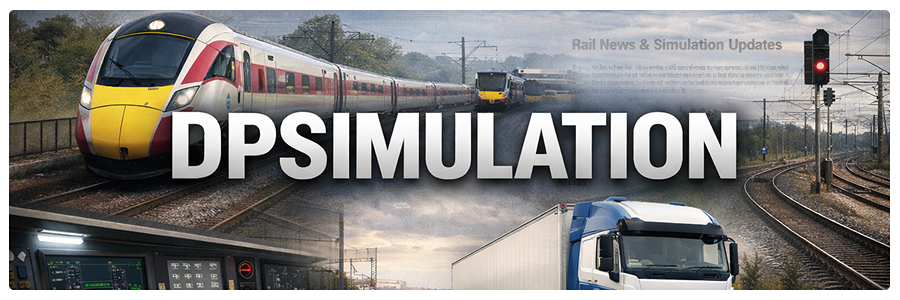RMT Warns of “Disgraceful” Welfare Failings as Female Transport Staff Left Without Toilets

RMT has raised serious concerns about the state of welfare provision for transport workers, publishing new survey findings and personal accounts that reveal widespread failures across the industry. The union says the situation is particularly severe for women, who are routinely left without access to clean, safe or appropriate toilet facilities — a breach of basic dignity and clear legal obligations.
Timed to coincide with UN World Toilet Day, the union’s warning highlights shortcomings affecting bus staff, Network Rail track workers, freight ground crews and those in road logistics. Evidence compiled by RMT points to a systemic issue affecting frontline teams working across the transport network.
A survey of overhead line patrol workers shows just 3 percent say they always have reasonable access to a toilet during their duties. More than 72 percent report they rarely or never have such access, creating barriers to basic hygiene and personal safety, particularly for women.
Testimony collected by the union shows how acute the problem has become. One worker said: “For women on the railway there isn’t enough sanitary waste bins… it’s quite literally impossible to go to the toilet unless it’s in a shop or restaurant.”
Another respondent highlighted the growing mismatch between facilities and the workforce, writing: “There is little consideration for the growing number of female staff we are getting.”
In another case, a female worker revealed the extent to which makeshift solutions have replaced proper provision: “One got given a she wee and mini tent — the company is a joke.”
Some employees describe resorting to harmful habits to cope. Two workers reported that women are deliberately reducing water intake to avoid needing toilets, with one noting: “We have female staff that actively limit their consumption of fluids to negate the need to use a bathroom on site.”
Across the wider workforce, a pattern of declining welfare standards emerges. According to the survey, 97 percent of staff rely on public toilets at petrol stations or fast-food venues. More than 71 percent say they are never given clean and private washing or changing facilities, and almost 70 percent rate welfare vehicles as poor or very poor. Blocked toilets, overflowing waste tanks, locked welfare vans and incorrect information in Safe Work Packs were also reported, while 38 percent say standards have significantly deteriorated since the Modernising Maintenance programme began.
The union warns that these failings breach health and safety regulations requiring employers to supply accessible, gender-appropriate and hygienic facilities. More than half of respondents believe current provision does not meet legal standards, while 41 percent are unsure. Sixty-eight percent say they have experienced health issues — including dehydration, infections and fatigue — which they believe stem from inadequate welfare access.
Eddie Dempsey, RMT General Secretary, said:
“Women working on our railways are being failed every day. No worker should have to limit water intake or hunt for a public toilet in the middle of the night. These failures break the law, put people at risk and they strip our members of their most basic dignity. RMT will fight vigorously for every transport worker, whether on the railways, buses, road logistics or in freight, to have safe, clean and accessible welfare facilities as a basic right. No employer has any excuse for the disgraceful standards our members are facing and it is time they got their act together."
Image: RMT

